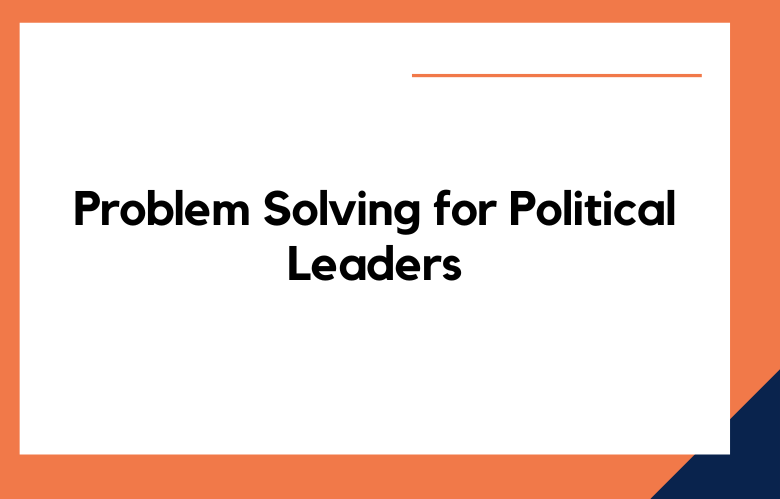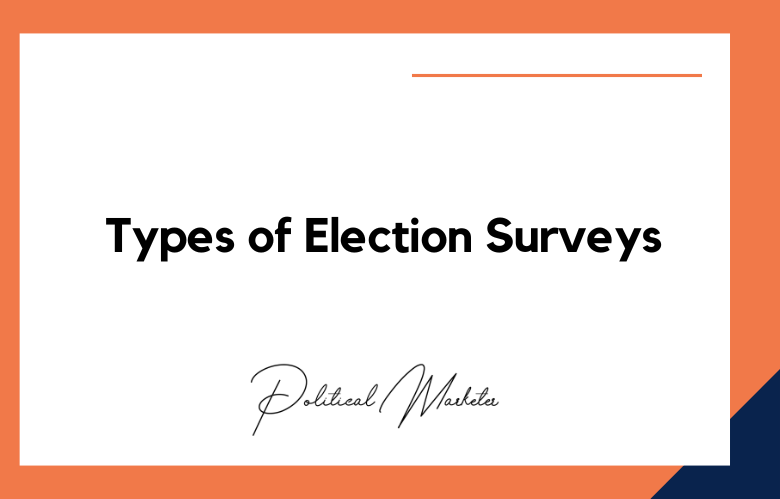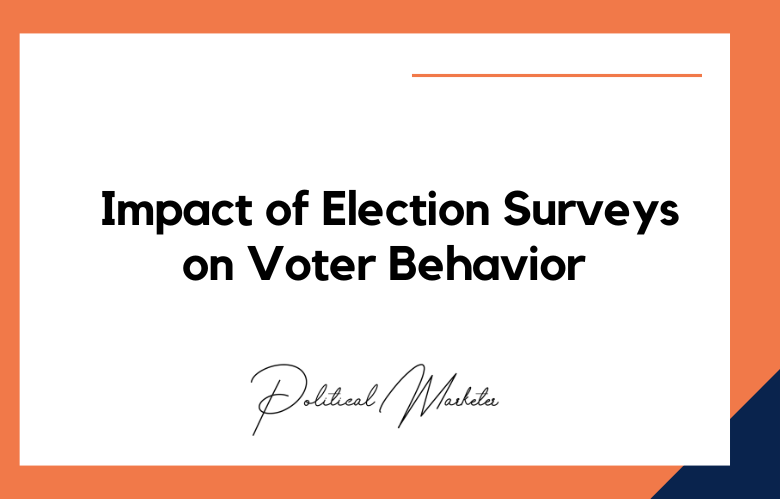Political leaders face many complex challenges that must be resolved effectively daily. From economic struggles to issues with foreign policy, politicians must display courage and intelligence to tackle these difficult problems head-on. To lead effectively, leaders must have excellent problem-solving skills.
These skills are essential for identifying issues, generating solutions, and ultimately implementing changes that can improve the lives of citizens. We will examine the art of problem-solving for political leaders and explore how they can make better decisions for the greater good.
Problem Solving for Political Leaders
Identify the Problem
The first step in problem-solving is to identify the issue at hand. In politics, this could be anything from economic problems to social issues. After identifying the problem, the political leader must understand the situation. Information and data should be gathered to aid in the decision-making process. Once the situation is analyzed, the leader can begin to propose solutions.
Evaluate Possible Solutions
After identifying the problem, the next step is to generate a list of potential solutions. The political leader needs to evaluate these options carefully. Consider the pros and cons of each possible solution. This will help to select the best solution that is feasible to implement. It’s worth noting that political leaders may need to consider the long-term consequences of any decision they make.
Implement the Solution
Once a decision has been made, the political leader must act on it. This could involve passing bills, enacting guidelines, or working with other organizations to accomplish the goal. The leader must communicate this decision clearly and effectively to their followers, stakeholders, and the public. This will help to garner support and create alignment towards the shared goal.
Evaluate the Impact
After implementing the solution, political leaders must evaluate the impact of their actions. This will help ensure the solution is effective and produces positive results. If necessary, leaders should be willing to make adjustments and changes to ensure the desired outcomes are met. When decisions are made based on data-driven evaluations, leaders can be confident in their implemented solutions.
Build Consensus
The last step in the problem-solving process is to build consensus and create a cohesive alignment toward the common goal. Political leaders should keep their constituents informed and involved in decision-making.
In forming a collaborative and inclusive approach, leaders can lead with a mandate that brings people together. The solution will significantly impact the greater good by getting more people on board.
Navigating Through Political Gridlock: Effective Problem Solving for Leaders
Political gridlock and polarization can often hinder progress in government and make it difficult for leaders to address pressing issues effectively. With a lack of cooperation and compromise, navigating through the complexities of political deadlock can seem nearly impossible. This is why practical problem-solving skills are critical for leaders in today’s political climate.
One example of political gridlock is currently playing out in the United States Congress, where Republicans and Democrats have been unable to agree on a new stimulus bill to aid those impacted by the COVID-19 pandemic. Despite both parties recognizing the severity of the situation, they have been unable to find common ground on the size and scope of the relief package, leaving millions of Americans in limbo.
The Art of Diplomatic Solutions: Problem-Solving Strategies for Political Leaders
Effective Communication
One of the critical elements of diplomatic problem-solving is effective communication. Political leaders must be able to clearly articulate their positions and listen to the perspectives of others to find common ground and reach a solution. This includes using respectful language, active listening, and being open to compromise.
Building Relationships
Building relationships with other political leaders is also crucial for successful diplomatic problem-solving. By establishing trust and rapport, leaders can create a foundation for effective communication and collaboration. This involves getting to know one another, finding common interests, and working towards mutual goals.
Understanding Cultural Differences
In today’s globalized world, political leaders must also be aware of cultural differences when engaging in diplomatic negotiations. A lack of understanding or sensitivity towards cultural norms and values can lead to misunderstandings and hinder progress towards a solution. Leaders should educate themselves on the customs and traditions of the countries they are working with.
Creative Thinking
Diplomatic problem-solving often requires thinking outside the box and creating creative solutions that satisfy all parties involved. This could include brainstorming sessions, seeking input from experts or advisors, or considering alternative perspectives. Being open-minded and willing to explore new ideas is essential for finding successful resolutions.
Patience
Solving complex political issues through diplomacy takes time, patience, and persistence. It may require multiple negotiations or discussions before reaching a resolution that is satisfying all parties involved. Leaders must be willing to stay committed to the process even when faced with challenges or setbacks.
Maintaining Composure
In tense diplomatic situations, political leaders must always maintain composure and professionalism. Losing control or becoming overly emotional can derail negotiations and damage relationships between countries. Leaders must remain calm under pressure to effectively address problems and find solutions.
Considering Long-Term Implications
When finding diplomatic solutions, leaders must consider the long-term implications of their decisions. This includes potential consequences for both their own country and others involved. Leaders must weigh the short-term benefits against the long-term effects to make informed and responsible decisions.
Utilizing Mediation
In some cases, involving a neutral third party can be beneficial in finding diplomatic solutions. A mediator can help facilitate discussions and bridge gaps between parties that may be at odds with one another. This can help keep negotiations on track and prevent conflicts from escalating.
Transparency
Transparency is critical to building trust and fostering successful diplomatic relationships. Leaders should be open and honest about their intentions, goals, and actions throughout the problem-solving process. This helps to create an environment of mutual respect and understanding between countries.
Commitment to Peaceful Resolutions
Ultimately, the goal of diplomatic problem-solving should be to find peaceful resolutions that benefit all parties involved. Leaders must prioritize diplomacy over aggression or force and work towards finding peaceful solutions that promote stability and cooperation among nations.
From Conflict to Collaboration: Innovative Problem Solving in Politics
Effective problem-solving and collaboration are critical to achieving positive outcomes and creating a more just and equitable society in today’s increasingly complex political landscape.
However, as issues become more contentious and polarized, traditional approaches to conflict resolution often fall short. Many political leaders and experts are adopting innovative problem-solving techniques emphasizing collaboration and consensus-building to address these challenges.
One such approach is “interest-based negotiation,” which emphasizes the importance of understanding the underlying interests and needs of all parties involved in a conflict. Rather than focusing solely on positions or outcomes, interest-based negotiation seeks to identify common ground and potential areas of agreement to reach a mutually beneficial solution.
Solving the Puzzle: Critical Thinking for Political Leaders
Critical thinking has become increasingly important for leaders navigating complex issues and making informed decisions in the current political climate. Solving the Puzzle: Critical Thinking for Political Leaders provides a valuable resource for individuals seeking to sharpen their critical thinking skills and apply them in a political context.
Drawing from extensive research and practical experience, this comprehensive guide outlines the fundamental principles of critical thinking. It provides a range of strategies for applying them effectively in real-world situations.
The guide emphasizes the importance of engaging with diverse perspectives, considering multiple sources of information, and evaluating evidence and reasoning carefully before concluding.
Thinking Outside the Box: Creative Problem Solving for Political Leaders
As political leaders navigate an increasingly complex and dynamic global landscape, thinking outside the box and engaging in creative problem-solving has become more critical. Effective political leadership demands breaking away from conventional thinking and approaching challenges with fresh perspectives and innovative solutions.
Thinking outside the box requires political leaders to cultivate a mindset that embraces ambiguity, encourages risk-taking, and values collaboration and diversity of thought. This approach promotes creativity and encourages leaders to explore multiple solutions to complex problems.
Conclusion:
Effective problem-solving for political leaders requires exceptional analytical, communication, and decision-making skills. As outlined above, these skills help leaders identify problems, evaluate possible solutions, implement the solution, evaluate its impact, and build consensus around a shared goal.
Leaders who follow these steps can create meaningful solutions to address the problem-solving citizens. With solid problem-solving skills, political leaders can steer a driven force to craft innovative solutions, ultimately improving their nations and enriching their constituents’ lives.
Call: +91 9848321284
Email: [email protected]










